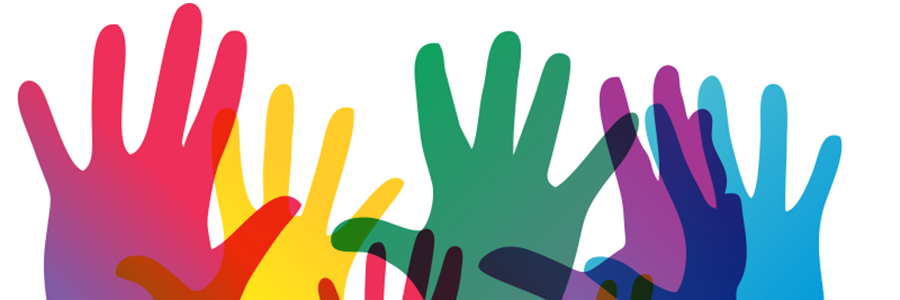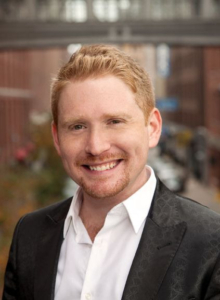Dear Leon: How Can I Find an LGBTQ+ Positive Therapist?
Leon Silvers is a psychotherapist, founder, and director of Silvers Psychotherapy, a group therapy practice in NYC. He specializes in working with clients with eating disorders, substance abuse, trauma, and LGBT issues. He has worked in various clinics and agencies providing psychodynamic psychotherapy for adults and adolescents; working in outpatient substance abuse; in crisis intervention for survivors of sexual assault, domestic violence, hate crimes, and HIV-related violence; and in non-profit HIV/AIDS service organizations.
Leon is trained in EMDR and is a New York State Certified Rape Crisis Counselor. He serves as the Clinical Director of Identity House, a non-profit LGBT service organization. He has also presented and published on a variety of topics including eating disorders, domestic/intimate partner violence, immigration and acculturation, LGBTQ issues, stress management, and gender. Leon graduated from New York University with a Master’s degree in Counseling for Mental Health and Wellness. He earned his Bachelor’s of Arts in Psychology, Summa Cum Laude, from Georgia State University.
What are some tips for finding an LGBTQ+ positive therapist?
Having a therapist is like having any other relationship: it has to be a good match in order to function properly. One of the most important elements of therapy is that we feel safe and feel that we can talk about anything. All topics could and should be on the table, including identity, sex, relationships, money, food, and body related issues. You should also feeling comfortable asking your therapist or prospective therapist what experience she or he has with certain issues, including experience working with the LGBTQ+ community. This is essential not only for finding the right therapist, but also for developing our ability to be open, honest, and vulnerable.
Finding the right therapist is a matter of personal needs and preferences. Some people prefer working with therapists of a certain gender, race, ethnicity, age, or sexual orientation for a variety of reasons. LGBTQ+ people may feel more comfortable working with an openly LGBTQ+ therapist, and there is nothing wrong with that. However, no single factor may be determinative. We need not feel as though we cannot choose a particular therapist simply because they are not a member of or have experience with the LGBTQ+ community. Other factors may be just as important, such as the connection and sense of safety and comfort you feel with your therapist. Trusting your instincts and feelings will help you decide if you have found the right therapist for your personal journey of recovery.
Thankfully, finding LGBTQ+ specific healthcare is now easier than ever. Well established organizations such as NEDA and your local LGBTQ+ community center can be great resources for referrals to LGBTQ+ friendly therapists. You can try reaching out to your LGBTQ+ identifying friends and community members for suggestions if you feel comfortable doing so. Eating disorder treatment centers also know clinicians throughout the country and can help match you with a compatible provider. In addition, you can check out online directories by the Gay and Lesbian Medical Association (GLMA) and Psychology Today to find therapists who publicly list their experience or specialization with LGBTQ+ patients and related topics.
Some people in smaller cities may have a harder time finding LGBTQ+ providers they trust. Fortunately, there are services such as Talk Space, as well as therapists who reside in other cities but can provide phone or video call sessions. I have worked with clients over Skype who were not able to come to my Manhattan office, and the treatment has been just as productive as in-person therapy.
Finding a therapist for your ongoing treatment may seem difficult, but the right therapist for you is out there. Doing your research, asking questions, and trusting your instincts can help to you connect with a therapist who will successfully guide you in your recovery.





